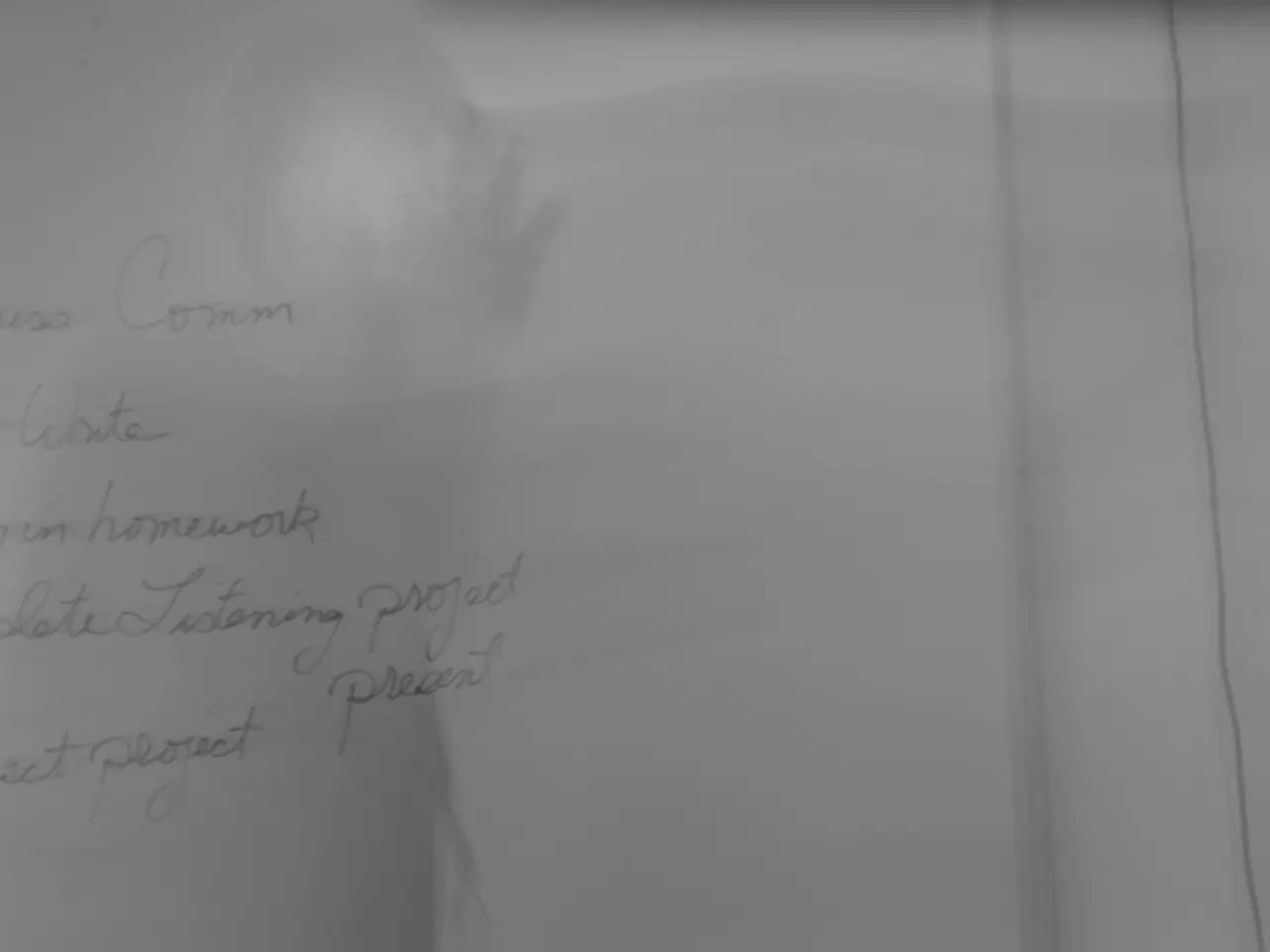"Breaking the Promise: Wüst Slams Klingbeil over Partial Electricity Tax Cut"
Wüst criticizes Klingbeil for withdrawing electricity tax revenues
In a scathing critique, NRW Minister President Hendrik Wüst has taken SPD Finance Minister Lars Klingbeil to task for only partially implementing the announced reduction in electricity tax in his budget plan. The CDU state leader has warned Klingbeil against violating the coalition agreement.
"The general reduction in electricity tax for all was a crucial economic policy promise during the Bundestag election campaign, agreed as a further milestone on the path to more competitiveness and relief at the location, Germany. The current approach by the Federal Finance Minister now threatens this central relief promise," Wüst stated to the Redaktionsnetzwerk Deutschland (RND).
CDU criticism mounts
Wüst accused Klingbeil of pushing crafts, trade, and the entire service industry, as well as millions of families in Germany, further ahead. "The much too high electricity prices necessitate noticeable relief," the CDU politician declared.
Economist Veronika Grimm also joined the fray, criticizing the federal government for only providing relief to industry with the electricity tax. She argued that the electricity tax should be abolished in general to provide relief to both companies and citizens, boost electrification, and streamline bureaucracy.
The German Social Association (SoVD) echoed this sentiment, deeming the decision to offer relief only to companies, not consumers, as a misguided approach. Chairman Michaela Engelmeier stated that this decision sends a poor signal, particularly to those with low incomes or small pensions who are already struggling under the burden of rising prices for food, rents, and energy.
A broken promise?
The controversy surrounds the Finance Ministry’s draft budget for 2026, which restricts the electricity tax reduction to certain sectors like industry, agriculture, and forestry, leaving out many companies and consumers. This selective application contradicts the original intent of the coalition agreement to provide a broad-based tax cut on electricity. Wüst and the CDU/CSU representatives assert that this breach undermines business trust and economic stability, describing it as "ripping the rug out from under companies" and jeopardizing the coalition's credibility.
- Black-Red Coalition
- Coalition Agreement Violation
- Electricity Price
- Tax Cuts
- Budget Policy
- Hendrik Wüst
- Lars Klingbeil
Further Insights:- The German coalition agreement originally included a promise to reduce the electricity tax to the minimum level allowed by European law, with the intention of easing energy costs for all consumers and thereby reducing overall energy prices in Germany[3][4].- This commitment was part of broader tax policy shifts aimed at supporting companies, agriculture, and boosting the economy by encouraging investments and energy efficiency[4].- The dispute centers on the Finance Ministry’s draft budget for 2026, which limits the electricity tax reduction to select sectors like industry, agriculture, and forestry, while excluding many companies and general consumers[3]. This action contradicts the coalition agreement’s original intent of a broad-based tax cut on electricity.- Wüst and CDU/CSU argue that this breach undermines business trust and economic stability, describing it as "tearing the rug out from under companies" and squandering the coalition's credibility[3].
In light of the coalition agreement, Hendrik Wüst, NRW Minister President, has criticized Lars Klingbeil, the SPD Finance Minister, for only selectively implementing the reduction in electricity tax, which could be perceived as a breach of the promise to provide relief to all consumers and businesses. This situation, propagated by the Finance Ministry’s budget policy for 2026, raises concerns about the coalition's commitment to economic policy and stability.
CDU criticism mounted after Wüst's statement, with economist Veronika Grimm, the German Social Association (SoVD), and CDU/CSU representatives arguing that the selective application of the electricity tax reduction undermines the credibility of the Black-Red Coalition and its economic policies, especially since the original coalition agreement intended to provide relief to all consumers and companies. The exclusion of general consumers from the tax cut might send a poor signal to those with low incomes or small pensions who are already struggling under the burden of rising prices.





